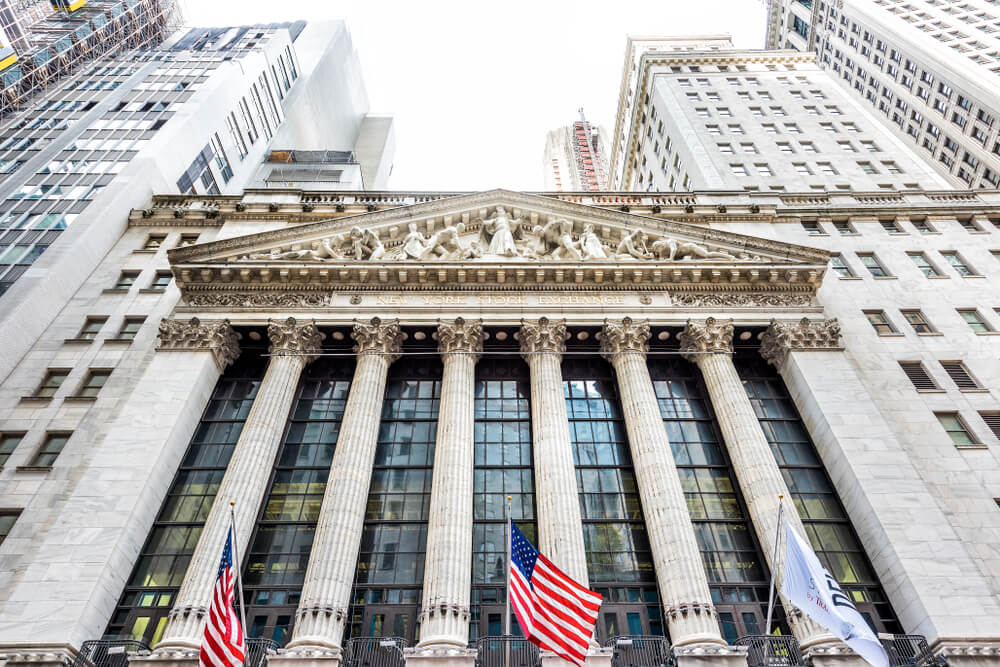OpenAI Co-Founder Sam Altman, Meta CEO Mark Zuckerberg, and Federal Reserve Chair Jerome Powell have joined the chorus of people talking about an AI bubble and expressing concern that the US economy will nosedive when it bursts. But what would a post-bubble nosedive look like?
Given the weakness in almost every other sector of the US economy, it could well mean a recession.
Economic slumps come in many flavors, though, and the worst tend to follow from financial crises.
Yet most experts (with a few exceptions) have not warned of the AI bubble causing a financial crisis.
Instead, the conventional wisdom seems to be that if there is a recession, it will look more like the one that followed the dot-com bubble in 2000 than the one following the 2008 global financial crisis.
History does provide some support for this view. One well known paper on bubbles and financial crises concludes that “the post-WW2 era appears to have weathered numerous equity price bubbles that did not turn into financial crisis episodes.”
But the authors also note that equity-price bubbles can precipitate financial crises if they are fueled by borrowed money. After all, the Great Depression was preceded by a debt-fueled “roaring 20s” equity bubble.
This matters because, as economist Noah Smith points out, banks are funding “private credit” funds that in turn are lending money to fund the data-center construction for an anticipated AI boom.
Smith wonders whether we will see defaults on those construction loans when the AI bubble bursts, and whether private credit losses could cause a crisis for the banks that ultimately extended that credit.
The prices of tech stocks
It is also worth pondering whether a bursting AI bubble could compromise the ability of other non-bank financial institutions to repay their loans.
A recent JPMorgan analyst note on hedge-fund trading observes that concentration in the “Magnificent Seven” tech stocks (companies like Amazon, Microsoft, and Nvidia) remains near historic highs.
Yet the prices of these stocks are highly dependent on the companies’ AI ambitions.
If they fall short of their goals, and prices come crashing down, highly leveraged hedge funds may be forced into fire sales
If they fall short of their goals, and prices come crashing down, highly leveraged hedge funds may be forced into fire sales, unloading stocks to meet margin calls or repay bank loans.
And if those fire sales don’t fetch enough cash, the funds will default on their repayment obligations, potentially undermining the financial condition of the broker-dealers, primary dealers, and banks that extended them credit.
Moreover, the same dynamics will also drive down the prices of tech stocks further, potentially forcing other leveraged financial institutions to sell off their portfolios, and so on.
Nor should we assume that financial institutions desperate for cash will restrict themselves to selling off tech stocks.
On the contrary, they may need – or prefer – to dump other types of assets, transmitting problems to other asset markets.
Hedge-fund leverage
Such a scenario is not far-fetched. The Fed reports that hedge-fund leverage hit historically high levels in 2024, and in a September 2025 commentary, analyst Adam Josephson notes that “hedge fund borrowing/leverage [is] at a record high of $6.2 trillion, up more than 25% vs. a year ago at the end of March.”
Specifically, outstanding margin loans from broker-dealers and repurchase agreements from primary dealers are at historically high levels.
US financial regulators continue to permit this expansion of leverage, as well as greenlighting the integration of traditional financial markets with crypto markets
And bank lending (particularly lending by large banks) to non-bank financial institutions – including broker-dealers, primary dealers, and the hedge funds themselves – is also significantly elevated, with bank loans to NBFIs now accounting for “$1.7 trillion in bank loans, or 13% of loans outstanding.”
Meanwhile, US financial regulators continue to permit this expansion of leverage, as well as greenlighting the integration of traditional financial markets with crypto markets (which are also rife with leverage).
Crypto prices
Despite narratives about Bitcoin and other crypto assets serving as a hedge against risks in other markets, their price movements are highly correlated with equities.
Thus, we should expect to see crypto prices fall when the AI bubble bursts, and not just because of fire-sale dynamics.

Experts might not expect a stock-market crash to cause a financial crisis, but what if they are wrong? - NYSE
Both crypto and the AI bubble have been inflated by the same kinds of narratives about new technologies shattering old paradigms.
If evidence of AI’s limitations starts to permeate the public consciousness during a market crash, more pessimistic sentiment on tech assets could well undermine crypto hype as well.
This could then prompt a crash in Ponzi-like crypto assets such as Bitcoin, as well as runs on asset-backed stablecoins.
If stablecoin issuers are forced to withdraw their cash reserves from banks, they could trigger a run on those institutions; and if they are forced to dump Treasuries from their reserves, another critically important financial market could be sucked into the maelstrom.
Experts might not expect a stock-market crash to cause a financial crisis, but what if they are wrong?
With leverage built up in so many parts of the system and asset-price movements so correlated, what if the financial system is a tinder box that could explode when the first spark lands on it?
Of course, the financial system may well weather the bursting of the AI bubble, especially if the end arrives with a low hiss rather than a sudden bang. But we shouldn’t count on it.
Hilary J. Allen is a Professor of Law at the American University Washington College of Law.